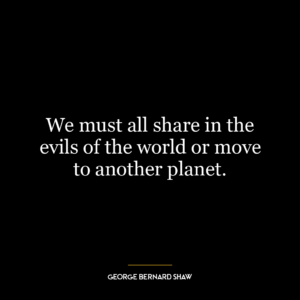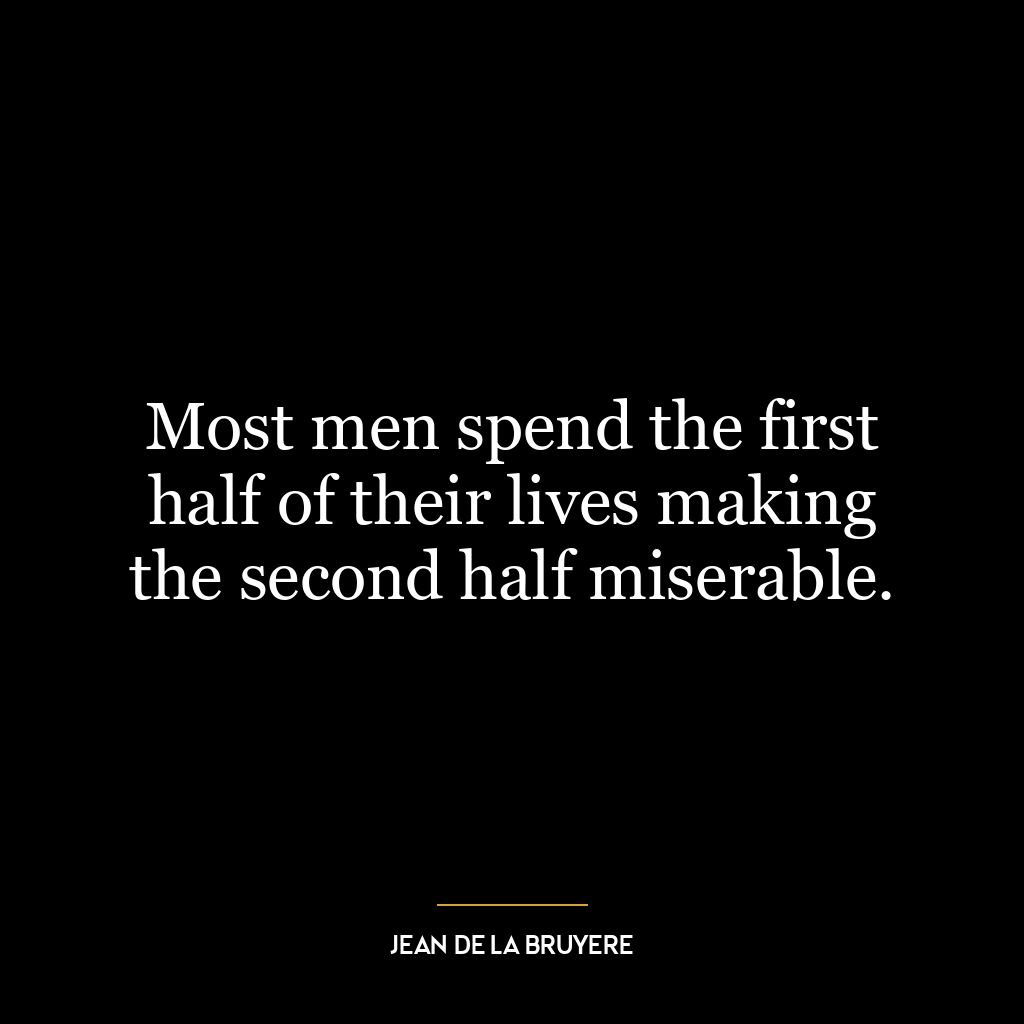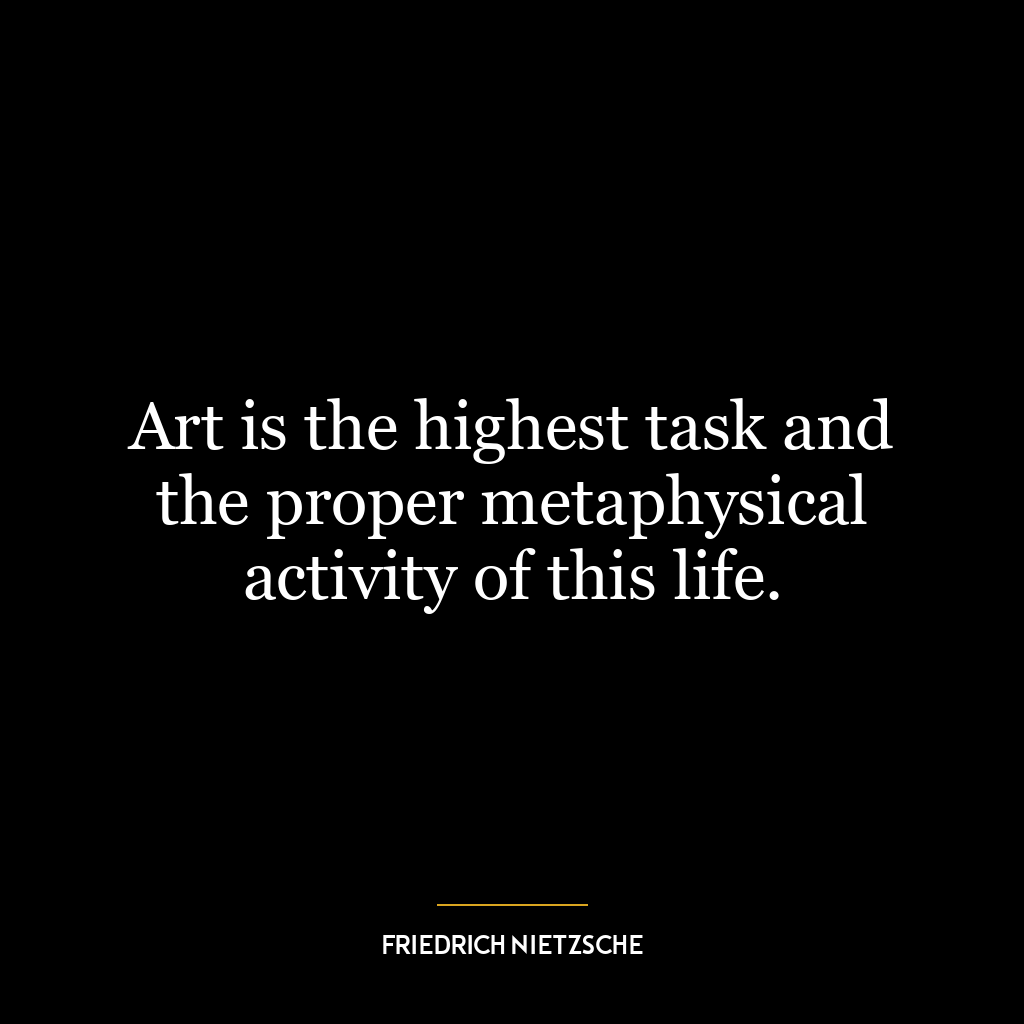This is the true joy in life, the being used for a purpose recognized by yourself as a mighty one.
This quote suggests that the purest form of happiness comes from dedicating oneself to a purpose that one views as significant or impactful. It emphasizes the importance of personal fulfillment, which is derived not from external validation or material gain, but rather from knowing that one’s efforts are contributing to a cause greater than oneself.
The ‘mighty purpose’ mentioned in this quote can be interpreted differently by different people. For some, it might mean dedicating their life to scientific research for finding cures for diseases; for others, it could mean fighting against social injustices; and yet for some others, it could be about creating art that inspires and moves people.
In today’s world where success is often equated with financial wealth or social standing, this idea serves as a reminder to reconsider what true success means. It encourages individuals to seek satisfaction not just in achieving personal goals but also in making meaningful contributions towards larger societal issues.
In terms of personal development, this concept encourages introspection and self-awareness. It pushes individuals to identify their passions and align them with their actions and career choices so they can find true joy in what they do every day. By recognizing our own ‘mighty purpose’, we become more motivated, engaged and ultimately more fulfilled – leading us towards healthier mental well-being.
Moreover, when applied on an organizational level – companies encouraging employees by aligning their work with a higher purpose beyond just profitability- can lead to increased job satisfaction among employees while also positively impacting society at large.
Thus the idea encapsulated within this quote holds relevance both on an individual level as well as within wider societal contexts even today – urging us all towards finding our own mighty purposes leading us towards true joy in life.















